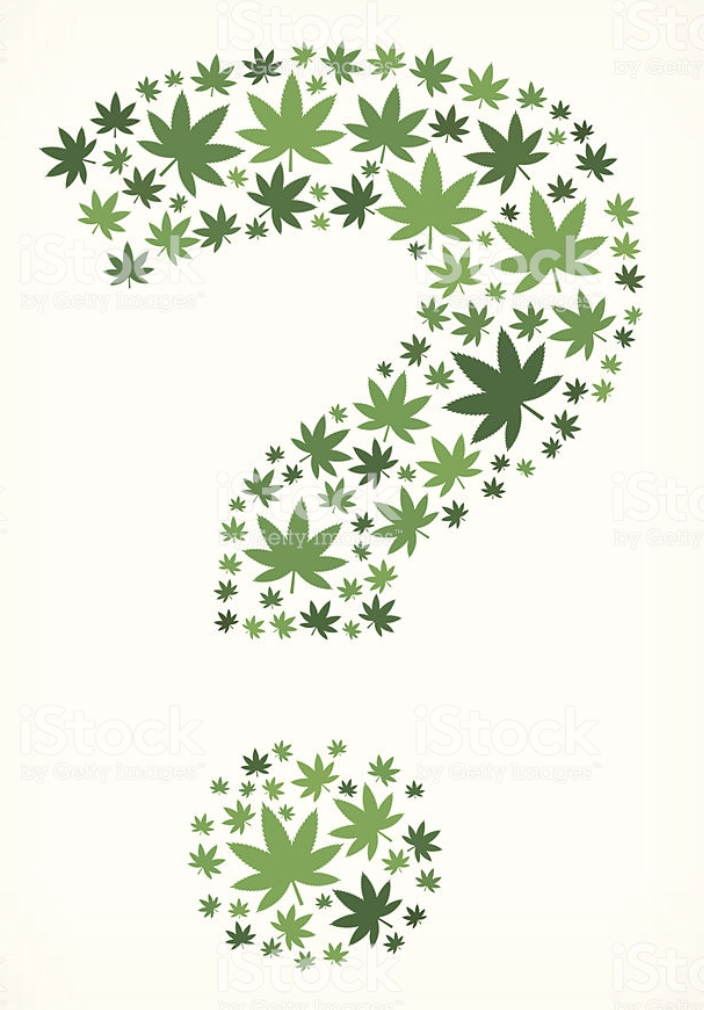
Marijuana, most commonly known as weed, pot, herb or loud has went from taboo to socially acceptable. I have noticed that many of my patients are comfortable mentioning their marijuana use and are interested in how marijuana affects their mouth. There are not many research studies on the effects of marijuana on the oral cavity, but I found some information that can be helpful to my readers and patients.
Marijuana causes dry mouth (xerostomia). Dry mouth is detrimental to your oral health because saliva is necessary to help prevent tooth decay and to limit bacterial growth by washing away food particles.
Munchies after marijuana use is very common. Munchies are described as an elevated desire for food. Tetrahydrocannabinol or THC produced in marijuana is responsible for an increase in appetite while high. THC attaches to the cannabinoid receptors in our brain, which affects our appetite, pain-sensation, mood and memory. Instead of producing the chemical that signals you are full, suddenly neurons start telling the brain you are hungry. Therefore THC in weed tricks your brain into thinking you are hungry, even if you are full! Since your body thinks you are starving, you will look for foods rich in carbohydrates to fuel your body. Eating carbohydrates triggers bacteria in your mouth to produce acid. The increased acidity in the mouth breaks down the protecting enamel layer of your teeth and begins cavity formation.
Therefore, with the development of dry mouth and increased carbohydrate intake the oral cavity is altered to become more favorable for the progression of dental cavities!
Here are some tips to help reduce the risk of dental caries among marijuana users:
- Drink lots of water
- Avoid sugary drinks and carbohydrate rich snacking such as sodas, chips, and candies
- Maintain a well-balanced diet
- Use fluoride mouthwash and toothpaste
- Brush twice daily
- Remain consistent with regular dental visits and oral care
